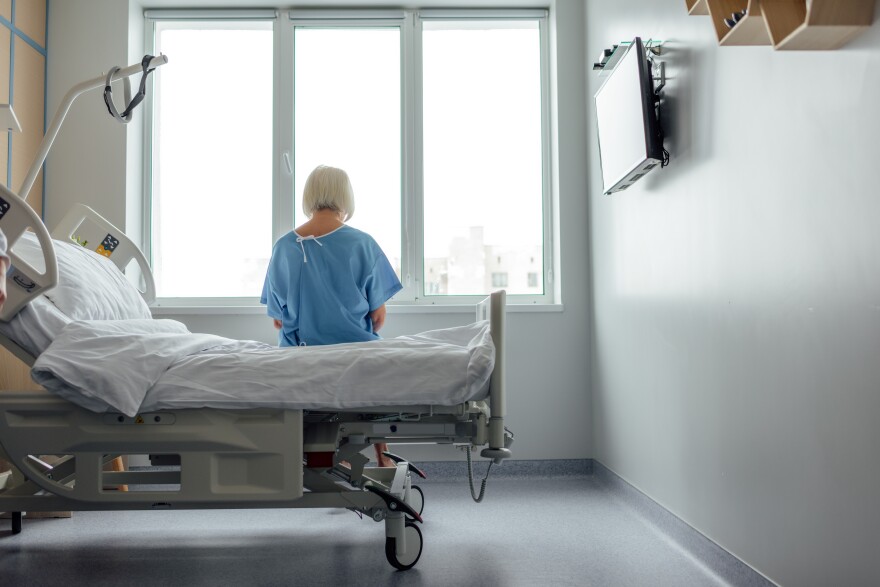A non-profit group, RIP Medical Debt, is hoping to erase more than $800 million of medical debt owed by Michigan residents, for just pennies on the dollar.
Scott Patton is the group's vice president of development. He said they buy medical debt on the secondary debt market, just like debt collectors do, or they buy it directly from medical providers.
The group cancels the debt it has acquired, and sends patients proof that they no longer owe the money. Patton said it's a huge relief to people — many of whom were driven into poverty, or deeper into poverty, by the debt. Medical debt can also increase risks to people's health, he said, because they often avoid treatment for health conditions out of fear of falling deeper into debt.
Patton acknowledged that the campaigns his group organizes aren't a permanent solution to the nation's patchwork health insurance system, which leaves plenty of gaps for people to fall through, but he said they help millions of struggling Americans while calling attention to the pressing need for reform.
Patton says it's not just people who lack health insurance that experience medical debt. Many people face debt due to health insurance plans that require huge deductibles, or plans that pay much less than the full provider's bill.
"We're just seeing, quite frankly, more and more of the burden of payment is being shifted to the patient."
RIP Medical Debt says it focuses on canceling debt for people who earn less than four times the federal poverty level, or who have debt that is 5% or more of their annual income.
Patton said, on average, "There's a 100-to-one return on investment here. Every dollar invested will abolish $100 in medical debt for someone in your state."













